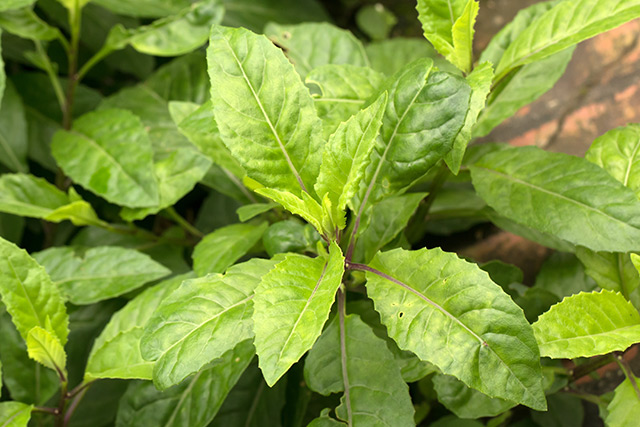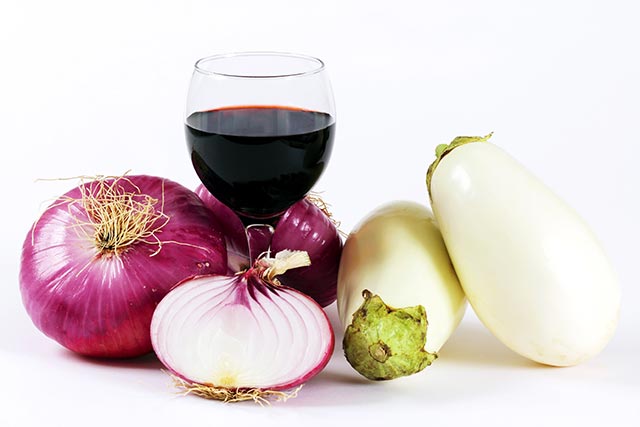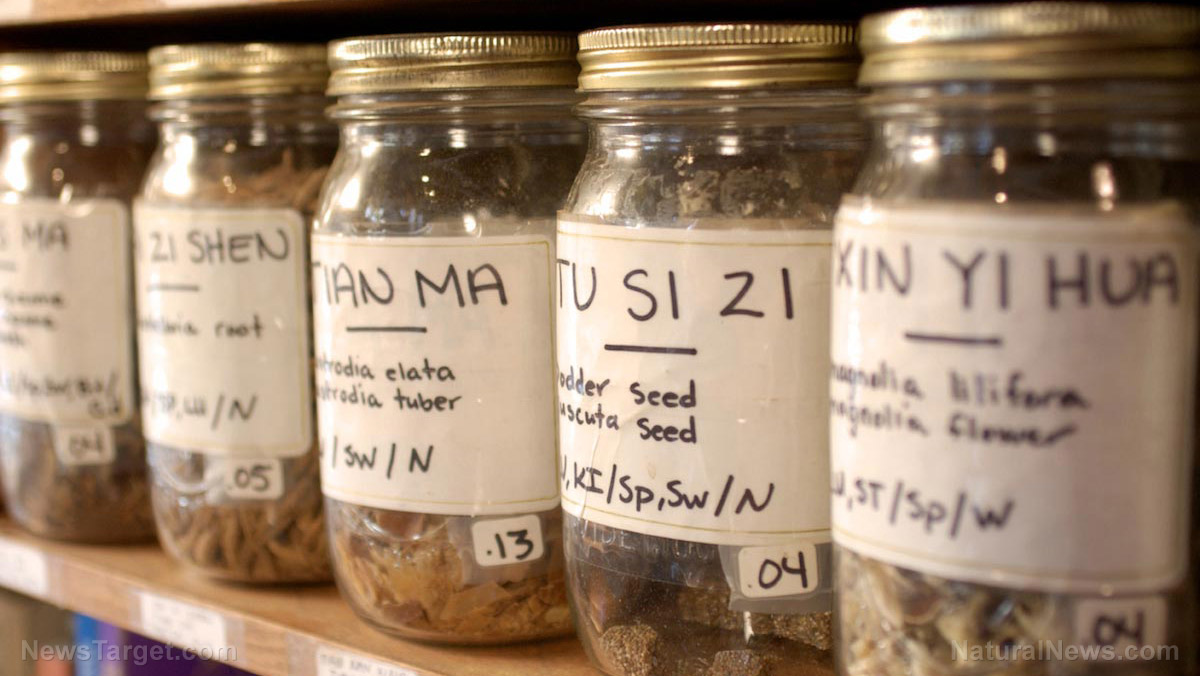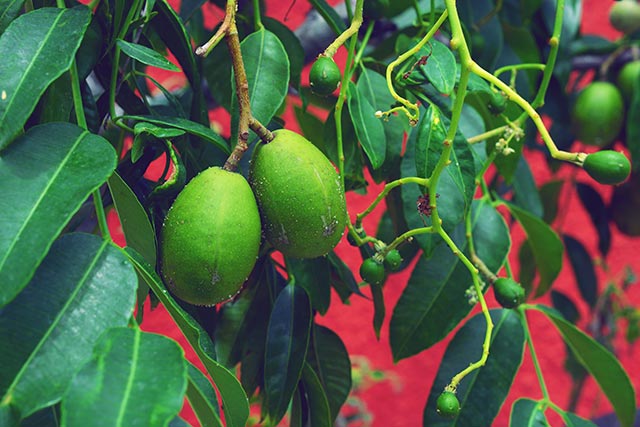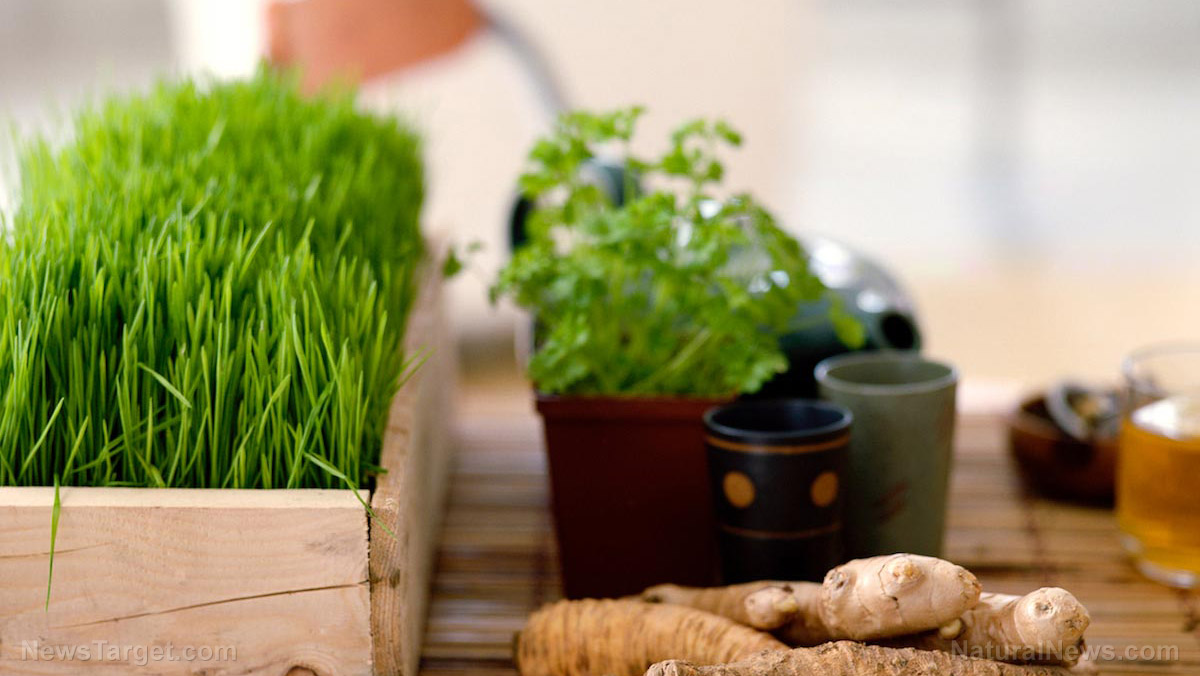Have you heard of vitamin P? This new secret weapon boasts a host of health benefits
02/01/2019 / By Zoey Sky
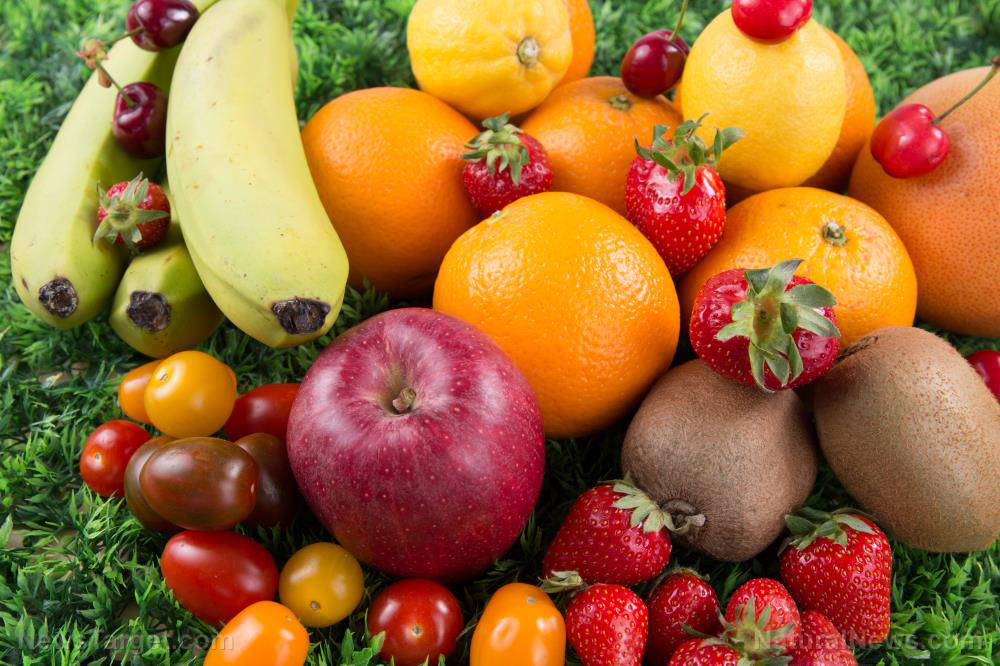
Citrus fruits contain vitamin C that boosts your immune system. These zesty fruits also contain a little-known nutrient called vitamin P that can also help strengthen your immunity and prevent diabetes.
Vitamin P was first discovered by scientists in the 1930s. The name might sound unfamiliar, especially since the vitamin is now called flavonoids or bioflavonoids, a byproduct of plant metabolism.
There are more than 6,000 different varieties of flavonoids, and these compounds can be found in various fruits and vegetables. Flavonoids protect produce from bacteria and fungi.
The health benefits of vitamin P
A diet full of foods rich in flavonoids can boost the body’s production of collagen that keeps your skin looking young and beautiful. Aside from keeping your bones and teeth healthy, vitamin P can also boost your immune system.
This essential nutrient can also fight the process that damages cells and makes them defective. Vitamin P can also help prevent chronic diseases like cancer and heart disease.
Accord to a study published in the Journal of Nutrition, following a diet full of flavonoid-rich citrus fruits makes you 31 percent less likely to have a stroke.
Natural sources of vitamin P
Certain kinds of fruits and vegetables contain different types of flavonoids.
- Anthocyanins – Anthocyanins are the most commonly recognized bioflavonoids. Sources include red, blue, and purple berries; red cabbage; red and purple grapes; and red wine. Anthocyanins are necessary for free radical scavenging and antioxidant protection. These flavonoids can also positively affect how carbohydrates are digested since they help limit the release of glucose in the bloodstream.
- Catechins – Catechins are responsible for the color and flavor of plant foods. They are a powerful antioxidant mostly found in green tea. Other sources include acai berry, black tea, dark chocolate, raspberries, and wine. One study showed that people who consumed two mugs of black tea a day experienced reduced arterial stiffness, which allows blood to pump blood more easily around the body.
- Green tea polyphenols – Polyphenols are bioactive compounds that make up at least 30 percent of green tea by weight. Out of three varieties of tea (black, green, oolong), green tea is shown to provide the most health benefits. Green tea polyphenols are linked to a reduced risk of different types of cancers and decreased risk factors of heart disease.
- Isoflavones – These flavonoids are also called soy isoflavones. A class of phytochemicals and type of phytoestrogen (plant hormone), isoflavones provide antioxidant properties that help lower the risk of disease and cancer. Sources include chickpeas, soybeans, and other legumes.
- Pycnogenols – Pycnogenols are also called proanthocyanidins and they have potent antioxidant properties that can protect your heart. Plant food sources include barley, cinnamon, cranberry, grape seed, grape skin, pine bark, and rhubarb.
- Quercetin – Quercetin is considered to be the most abundant and active flavonoid with strong antioxidant properties. Its main sources include apples, berries, citrus fruits, onions, and other fruits and vegetables.
In an interview with the Daily Mail, Helen Bond, a dietitian, explained that in lab-based studies, flavonoids “appear to have many potentially helpful biological effects such as being anti-inflammatory and antioxidant.” Bond concluded that further research can determine any other health benefits that vitamin P can offer.
Reap the benefits of this powerful vitamin by adding more flavonoid-rich fruits and vegetables to your regular diet.
Sources include:
Tagged Under: berries, bioflavonoids, black tea, catechins, citrus fruits, collagen, diabetes, flavonoids, Fresh, fruits and vegetables, heart disease, immune system, natural cures, natural health, organics, vitamin P

